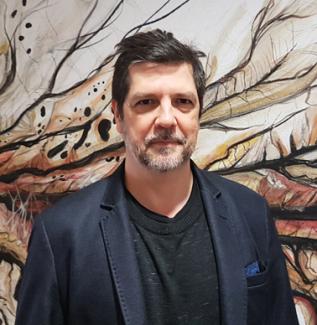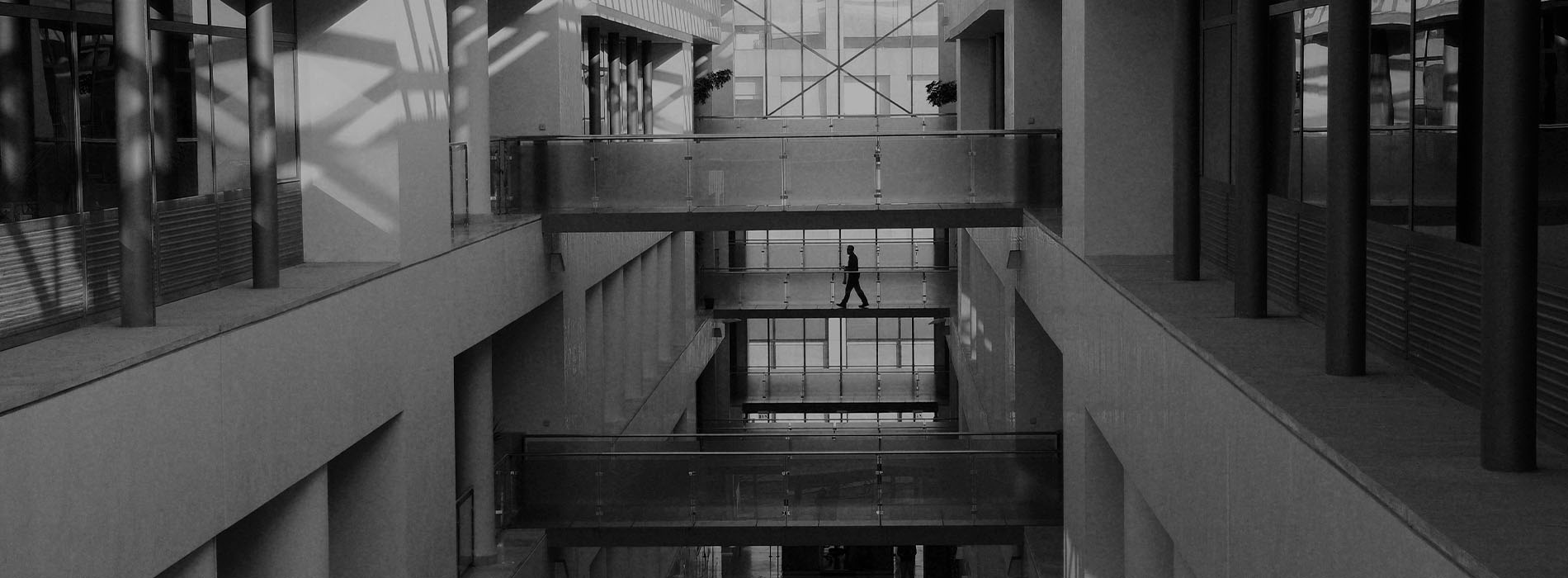Javier
Moscoso

Redes sociales
Javier Moscoso is Research Professor of History and Philosophy of Science at the Institute of History of the Spanish National Research Council (CSIC). Ph.D. He was doctoral fellow at the Wellcome Institute for the History of Medicine, in London, and Postdoctoral Fellow at the Max Planck Institute for the History of Science in Berlin. He was also a Fulbright Scholar at the Department of History of Science, at the University of Harvard, between 1995 and 1996. Before his arrival to CSIC, Moscoso was lecturer of History and Philosophy of Science at the University of Murcia (Spain). In 2004 he was appointed Head of the Department of Humanities and Social Sciences of the Ministry of Science and Innovation. From 2008 to 2010, he was also the Coordinator of the Humanities and Social Sciences of the Spanish Research Council.
His academic career has been devoted to the cultural history of the human body, including passions and subjective experiences. His contributions have been published in the Journal of History of Biology, Renaissance Quarterly, Medical History, Social History of Medicine, History of Psychology, or Cultural History, among others. His book, Pain: A Cultural History, was published in Spain by Taurus in October 2011. The English version, by Palgrave-Macmillan, was released one year later. The French version (by Les prairies ordinairies) won the Libr'à nous 2015 prize in the category of History. The publisher House of Ninive prepares an Arabic edition, to appear in 2023. The book, second best in the 2012 Spanish National Essay Prize, was highly praised by the critics. The Spanish newspaper El Mundo considered it one of the best ten non-fiction books published in Spain in 2011. Prof. Eugenio Trías took it as one of the best examples of the new Spanish philosophy. Joanna Bourke, Professor of History at Birkbeck College (London) described it as “a dazzling example of cultural history”, Fay Bound, from the Queen Mary Centre for the History of Emotions, defined it "an example of Medical Humanities writing at its best". Prof. Fernando Salmón considered it "the best and most sophisticated account of the history of pain written so far".
For the last years, Moscoso has been involved in the history of the human Passions and Experiences, mainly ambition, jealousy, envy, and resentment. His book, Broken Promises: The Passions of Modernity, was published in 2016 (in Spanish). His latest book, Arc of Feeling. A History of the Swing was published by Reaktion books in April 2023. Editorial reviews have been written by some of the field's leading scholars. Peter N. Stearns described it as “a striking combination of intellectual and popular cultural history”, Barbara H. Rosenwein considered it “brilliant, wide-ranging and fiercely learned”; for Peter Burke (Cambridge), the book is “a real tour-de-force”.
Over the last years, Moscoso has received invitations from all over the world and has lectured on the history of experiences and its expressions at many international venues, including the Max Planck Institute for the history of Science, Berlin, the Max Planck Institute of Human Development, Berlin; the Universities of Harvard and Chicago (in the USA), the Universities of Kyoto, Tokyo and Keio (in Japan), the Universities of Sydney and Canberra, in Australia, as well as other universities in Mexico, Chile, Argentina or Colombia. In France, his research has been discussed at the École des Hautes etudes, the CNRS, the Sorbonne, the universities of Rennes and Toulouse. In the UK, Moscoso maintains strong links with the Birkbeck College, the Wellcome Trust, or the Queen Mary Centre for the History of Emotions, among many other institutions. In 2016, he was appointed George Lurcy Visiting Professor at the University of Chicago.
Moscoso has also paid special attention to what is now called “knowledge transfer” and public engagement. He has been the curator of different exhibitions: on Monsters and Imaginary Beings at the Spanish National Library in Madrid in the year 2000; on the history of pain at the Science Museum in London (2004) and on the cultural history of human skin, at the Wellcome Collection Gallery, in London, in 2011. This project, reviewed by The Lancet, The New Statesman, The New Scientists, or Science, among other scientific journals, also gathered the attention of the local press. The Guardian considered it “fascinating”; The Telegraph “a Revelation”, Time Out gave it the status of “Critics Choice”. In some cases, reviews were made in very specialized journals. The Bulletin for the History of Medicine considered SKIN “a stylish and evocative wonderful exhibition [...] visually rich, and analytically astute”. For New Scientists: “The exhibition does an excellent job, weaving the medical history and scientific importance of our largest organ around its cultural significance”. For The Lancet, (2010 (9736): 156 - 157): “This exhibition is a joyous celebration of skin's physiological, emotional, and cultural importance in our lives”. According to Science, (August 2010: Vol. 329 no. 5993 pp. 760-761): “The curators had an overarching goal of showing how important the skin is as an organ and how much it is taken for granted”. For History Today (August 2010, p. 57): SKIN was “another staging post in the Wellcome Trust’s fascinating exposition of the human condition”. The exhibition, which was also reviewed in other media (BBC, BBC2, Radio 4, etc.), gathered around 80.000 at the Wellcome Collection in London. It was at the time the most visited exhibition of that venue.
Datos tomados de la base de datos ConCiencia


